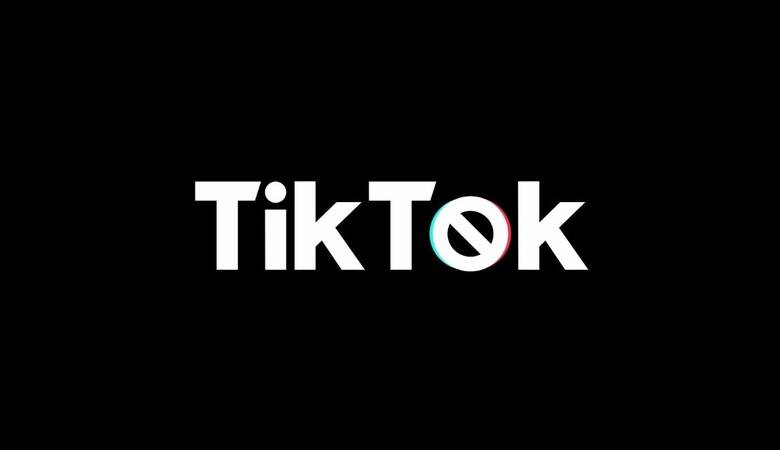You are here
Supreme Court Rejects Appeal, TikTok to Be Banned in the U.S. Starting Sunday
The United States Supreme Court has upheld a controversial ban on TikTok, which will make the Chinese-owned social media platform unavailable on app stores across the country starting Sunday, January 19
“The Ban Affects 170 Million Users in the US” or “Controversial TikTok Ban Raises Questions of Security and Free Speech” could serve as appropriate subtitles for this context. This decision follows an appeal by TikTok’s parent company, ByteDance, challenging the legislation that prohibits ownership of social media platforms by entities from nations deemed “foreign adversaries,” including China.
Background and Context
The law, which sparked heated debates, aims to address national security concerns associated with foreign ownership of critical digital platforms. ByteDance confirmed that, unless overturned, the ruling will compel the company to cease TikTok operations in the United States by January 19, rendering the app inaccessible for download.
While ByteDance was offered the option to sell TikTok to a non-Chinese investor, the company argued in legal filings that such a move was “not commercially, technologically, or legally feasible.” Rumors of potential buyouts by high-profile figures such as Elon Musk and YouTube personality MrBeast were circulating but never materialized.
Read this next: Twitch Launches DJ Program With Support From Major Labels
Legal battle and free speech concerns
In its appeal, TikTok contended that the ban infringes upon the First Amendment rights of its 170 million American users, framing the restriction as a violation of free speech. The Supreme Court, however, rejected this argument, stating in its decision: “We conclude that the challenged provisions do not violate petitioners’ First Amendment rights. The judgment of the United States Court of Appeals for the District of Columbia Circuit is affirmed.”
This ruling follows an earlier unsuccessful attempt by TikTok to overturn the ban in December at the District of Columbia appeals court.
Political reactions and next steps
Incoming President Donald Trump, who will be inaugurated on Monday, January 20, has expressed a desire to “save TikTok.” His legal team filed a “friend of the court” brief urging the Supreme Court to delay the statute’s implementation to allow his administration to negotiate an alternative resolution. In a statement to CBS News, Trump’s attorney, John Sauer, emphasized that the incoming administration seeks to balance the preservation of First Amendment rights with addressing national security concerns.
President Trump has hinted that he might take executive action to delay or overturn the ban once he assumes office. Speaking to CNN after the ruling, he remarked, “It ultimately goes up to me, so you’re going to see what I’m going to do.”
Outgoing President Joe Biden, whose term ends on January 19, has stated that he will not enforce the ban during his remaining days in office. Meanwhile, legal experts note that Trump’s incoming administration could direct the Justice Department to deprioritize enforcement of the Supreme Court’s ruling, buying time for a potential compromise.
Implications of the ban
The decision to uphold the ban has significant implications for TikTok’s user base, content creators, and advertisers in the United States. For many creators, the platform serves as a primary means of income and audience engagement. Additionally, the ruling raises broader questions about free speech in the digital age and the balance between national security and individual rights.
As the January 19 deadline approaches, all eyes will be on the incoming administration and its approach to resolving this high-stakes dispute.
[H/T The Guardian, CBS News, CNN]
